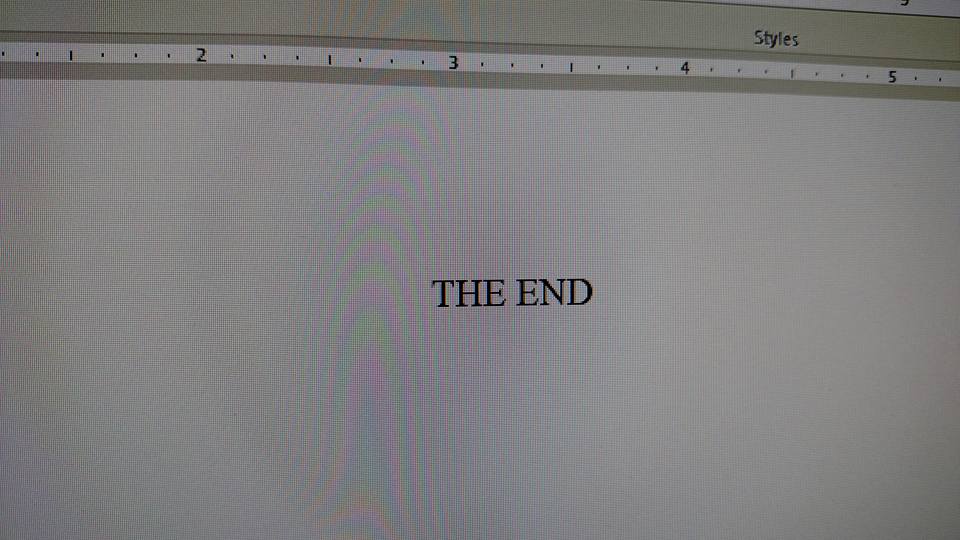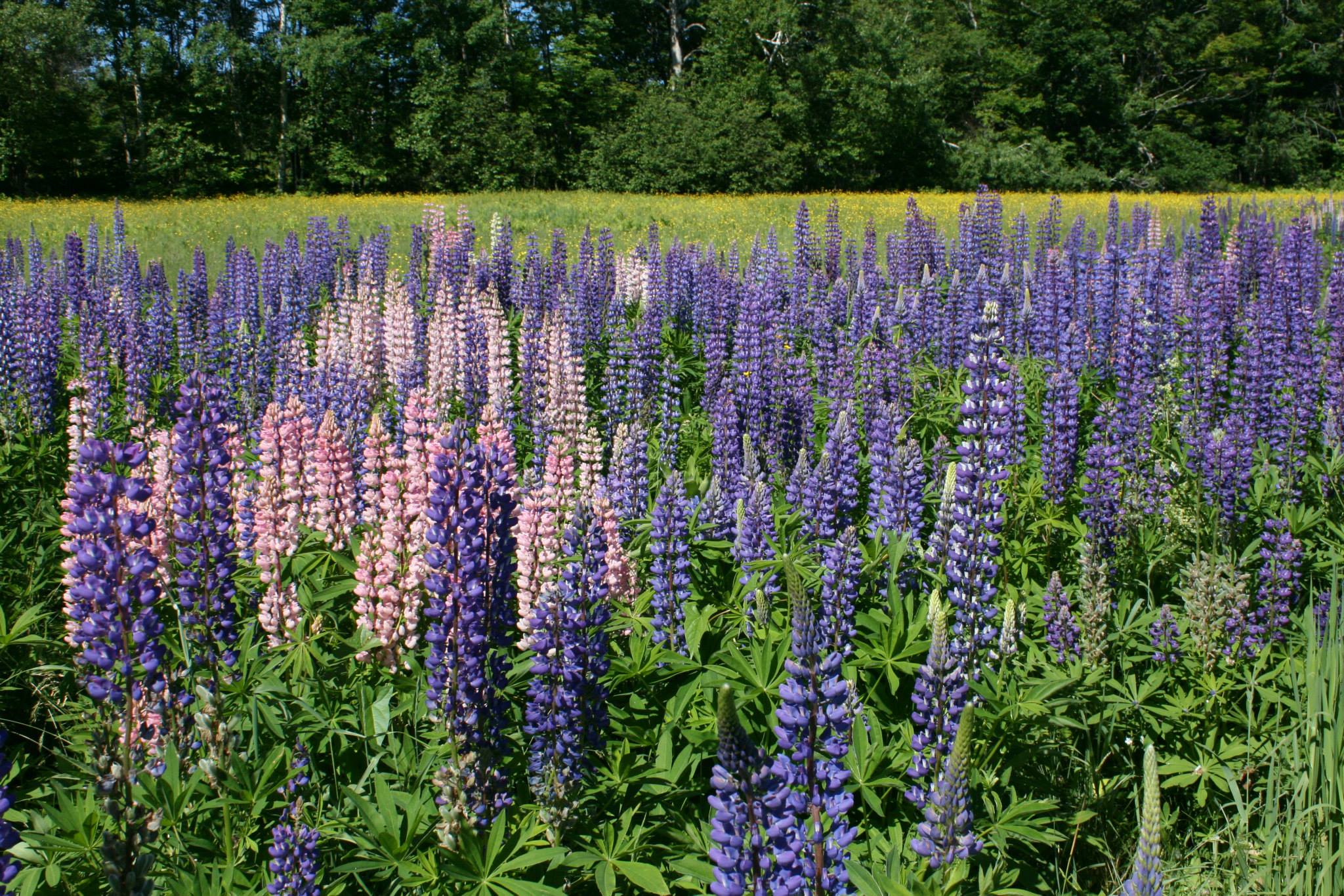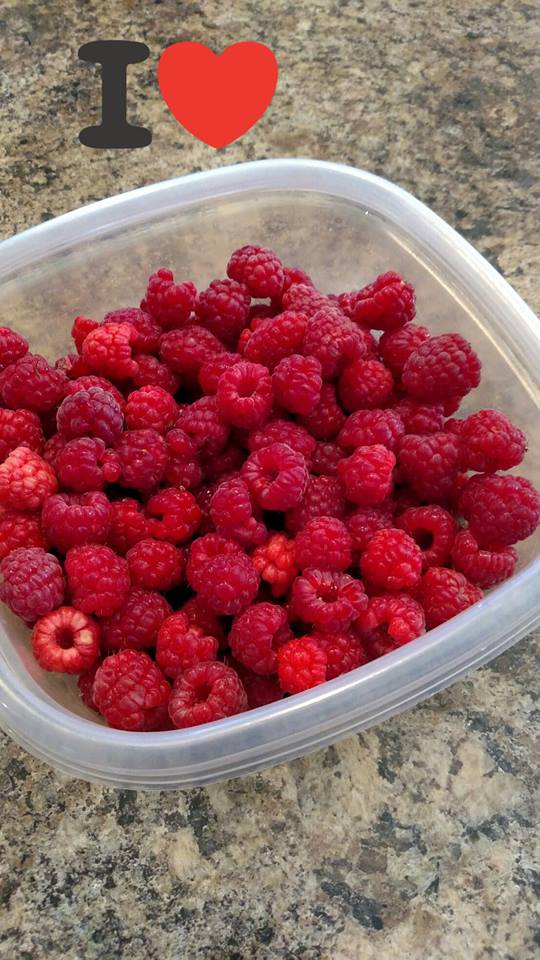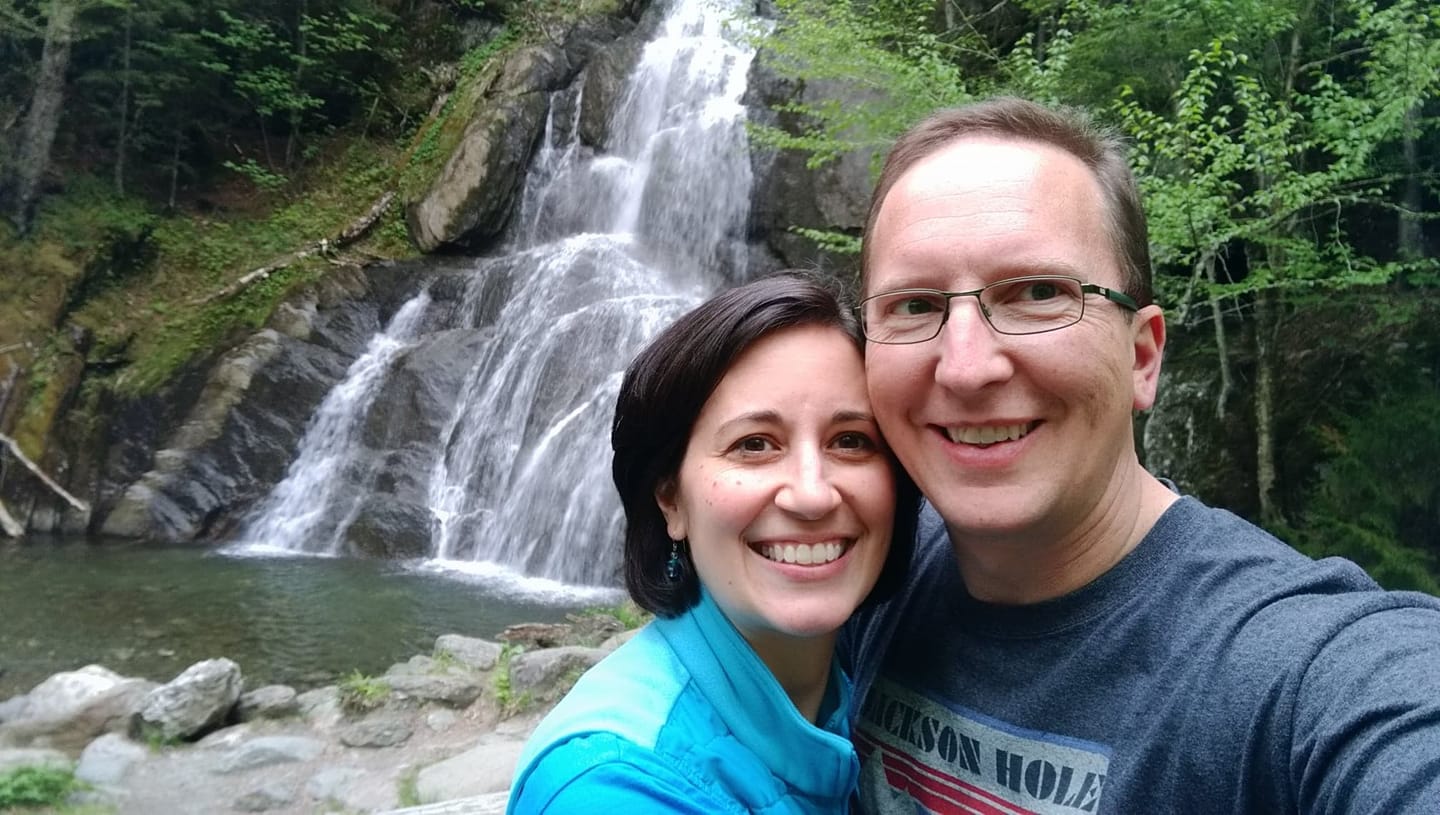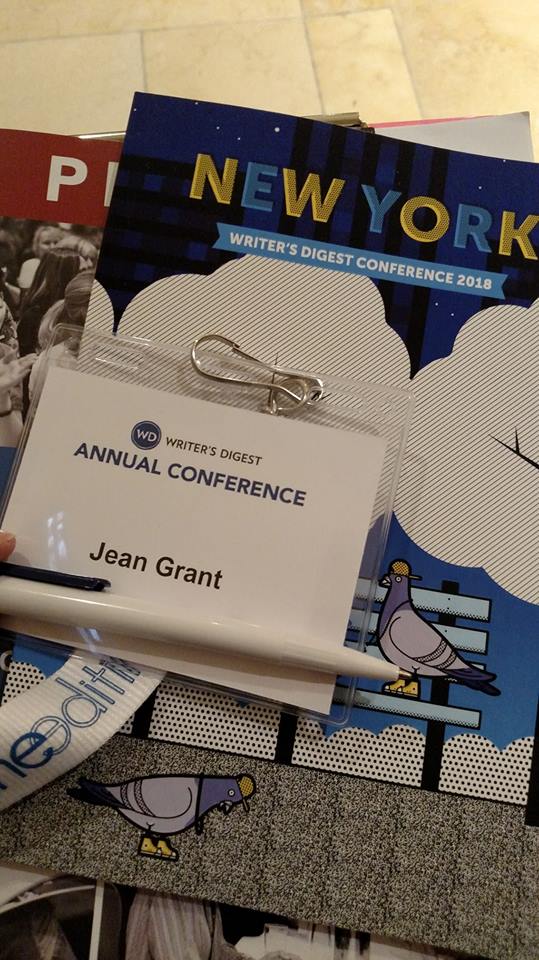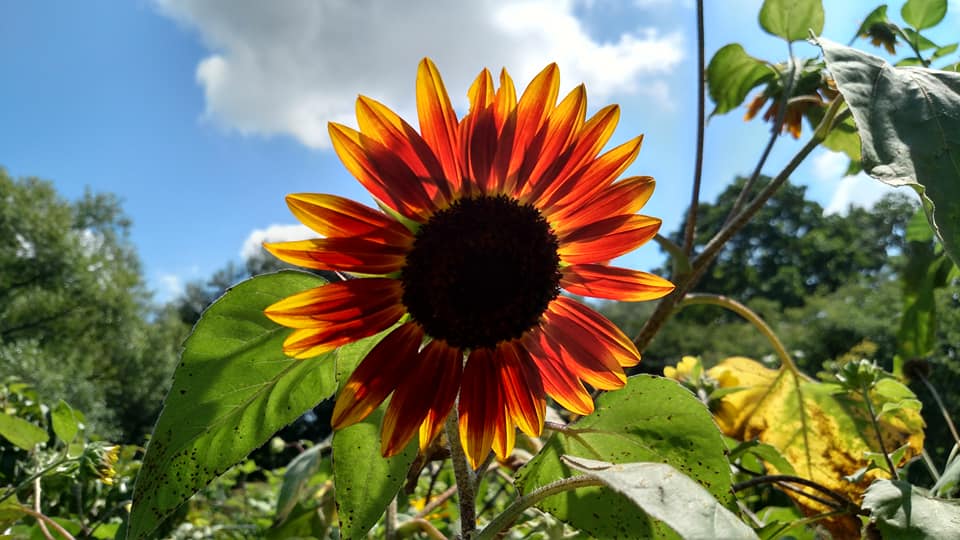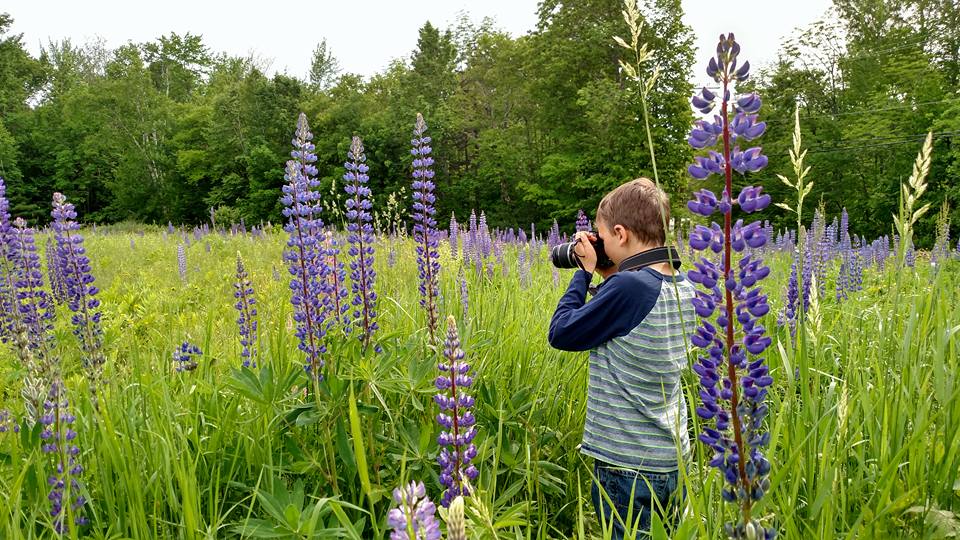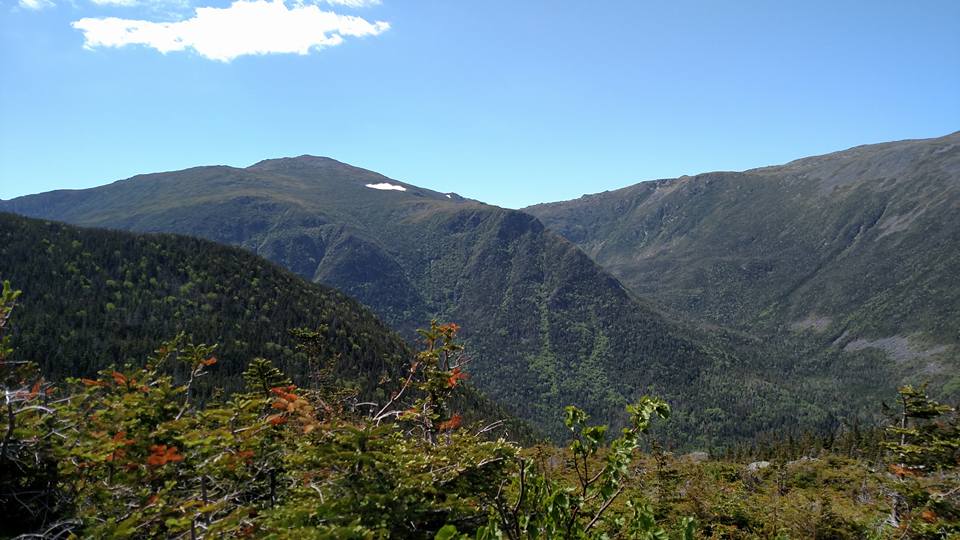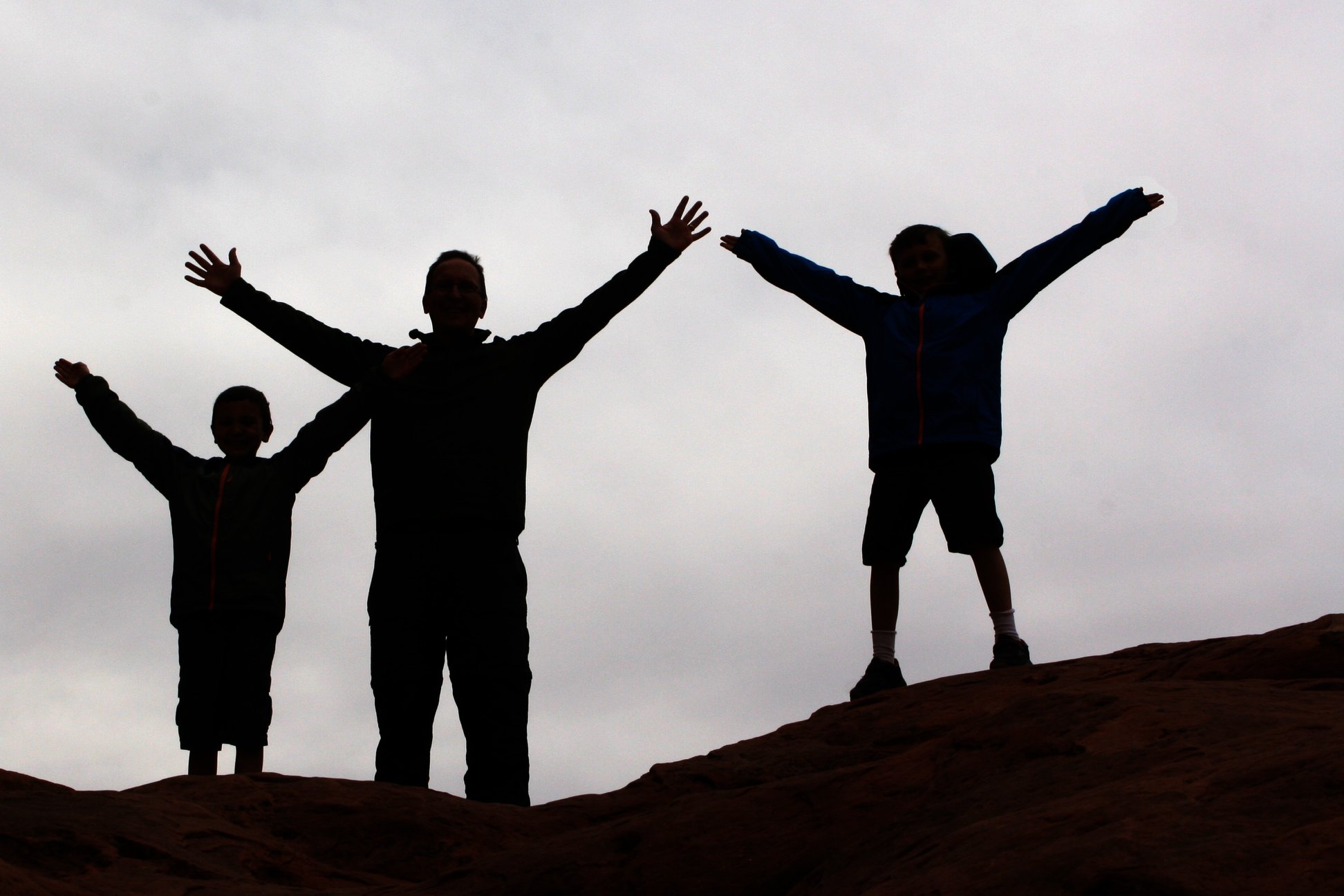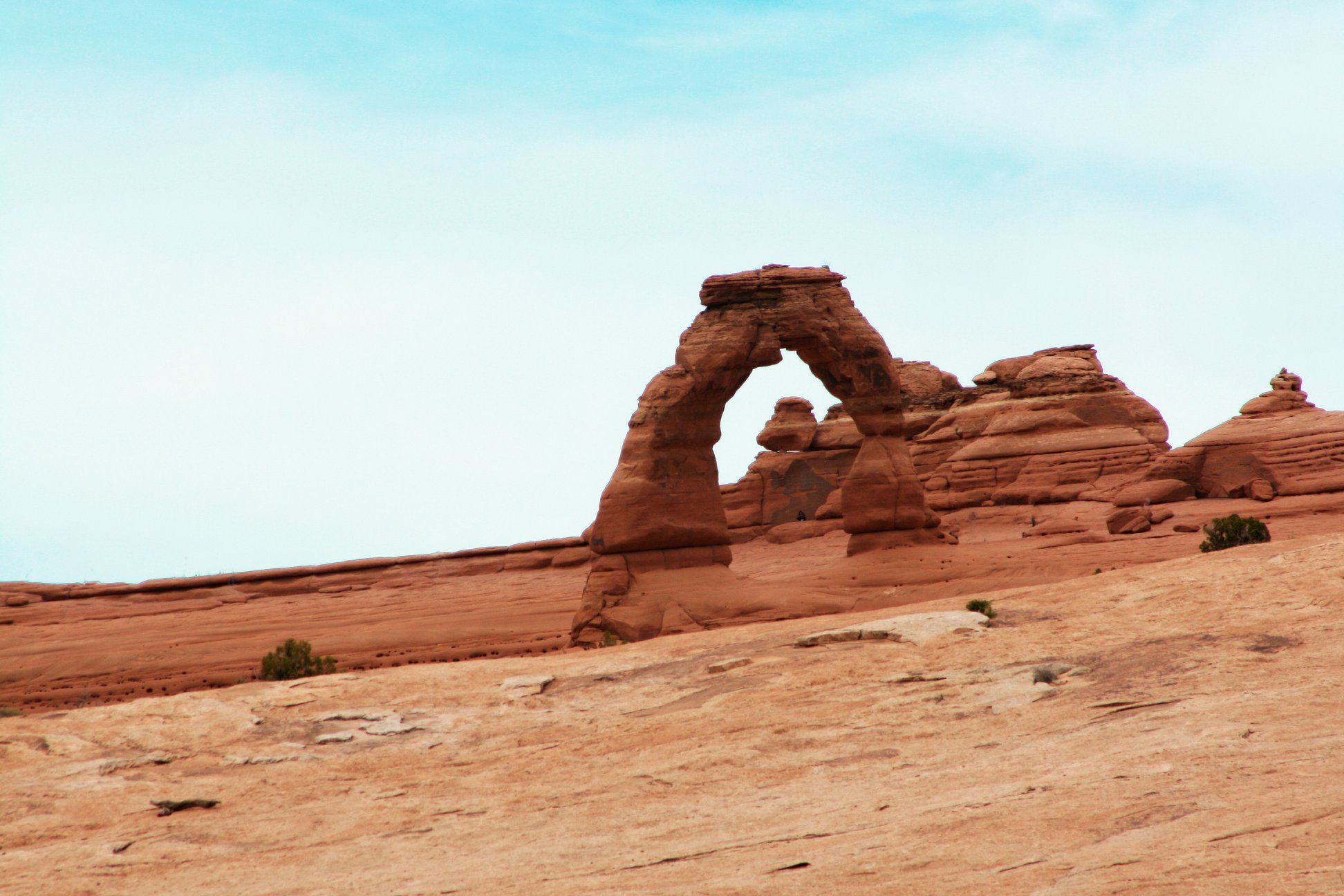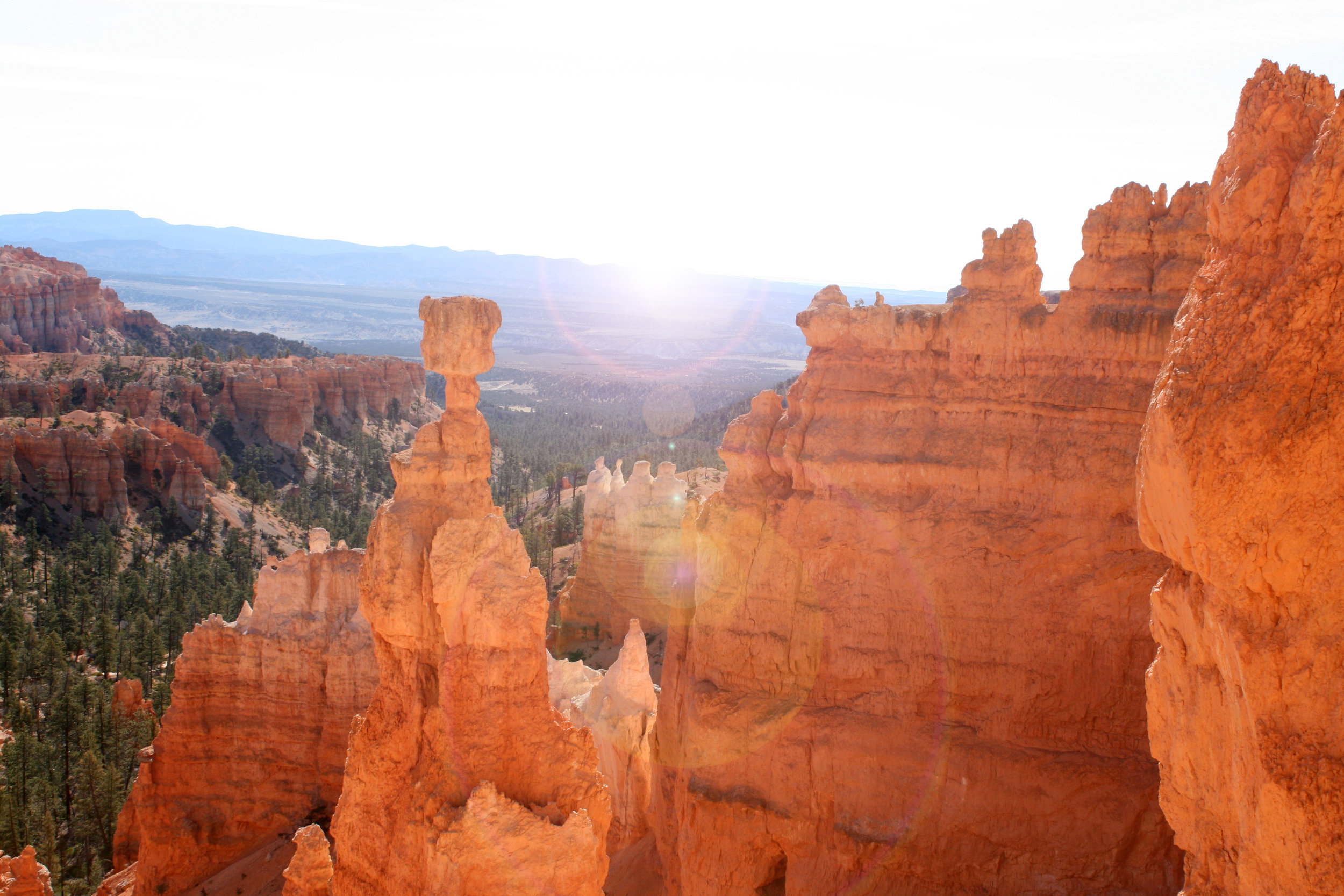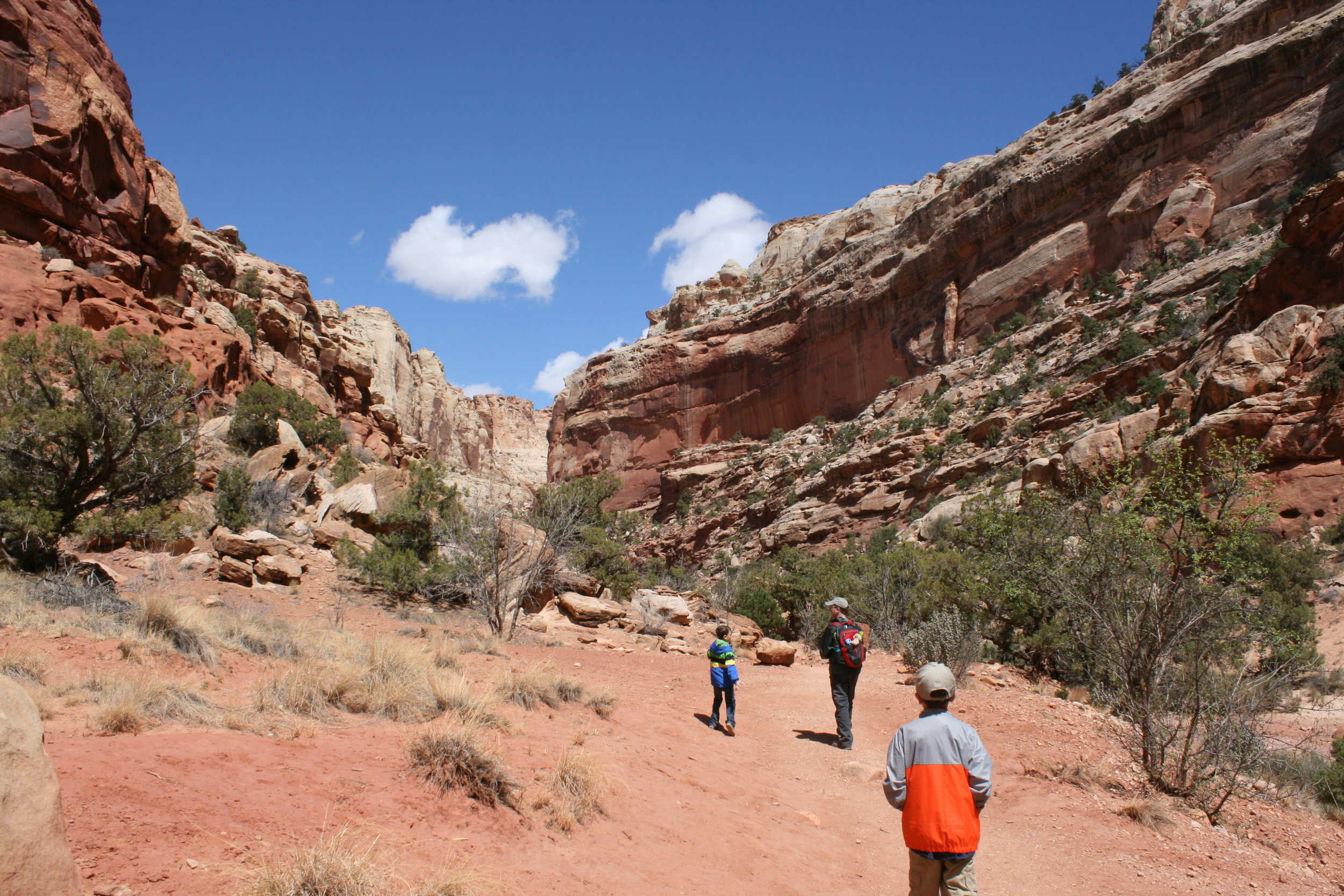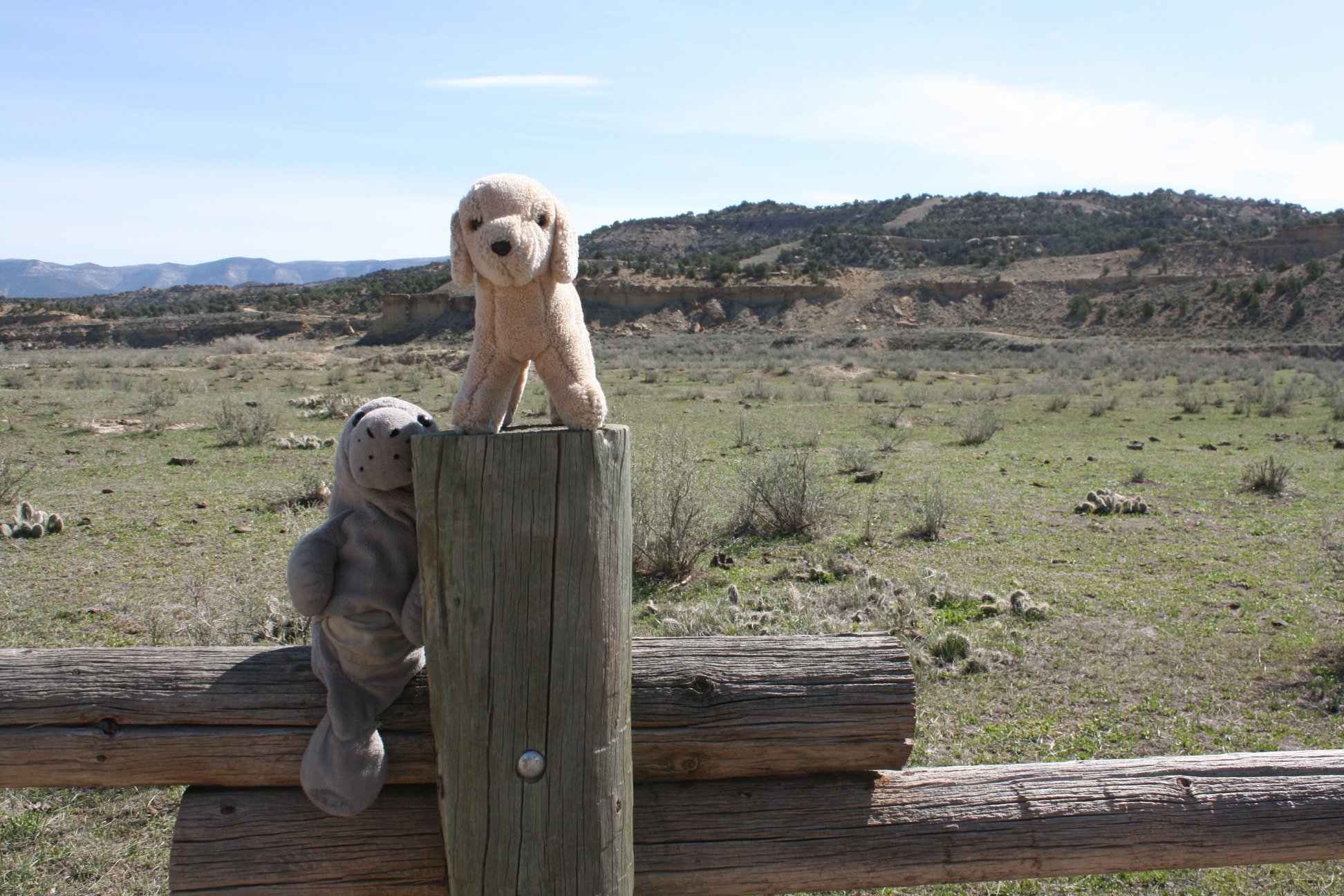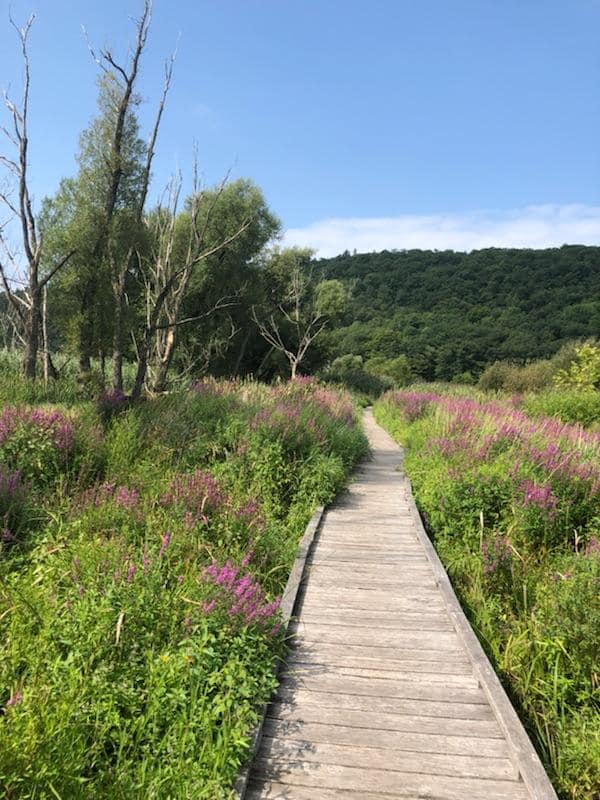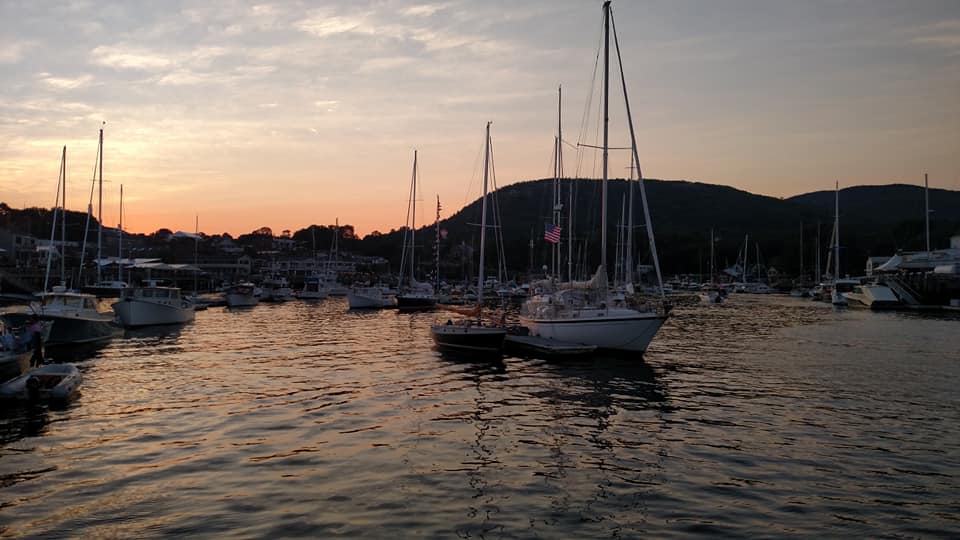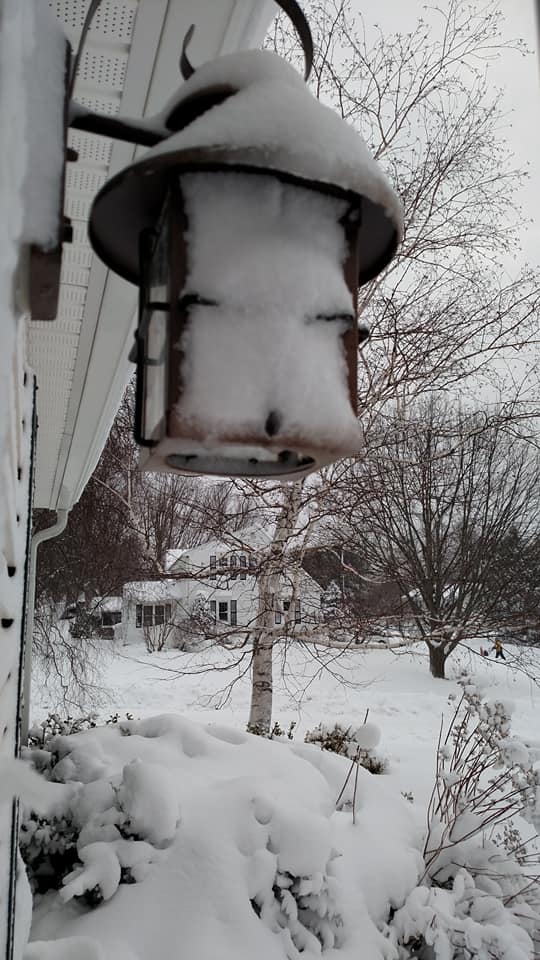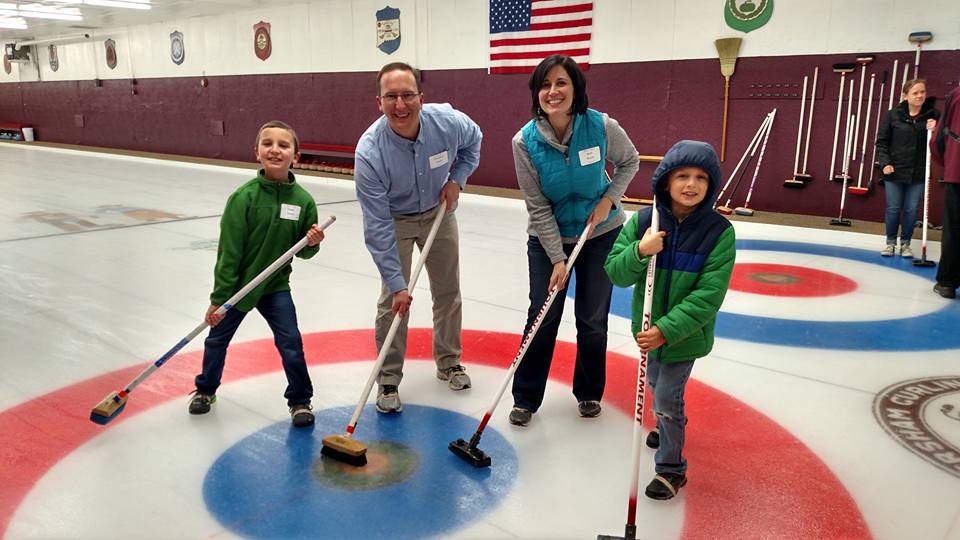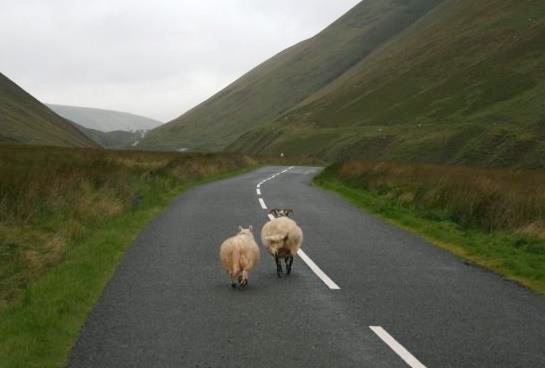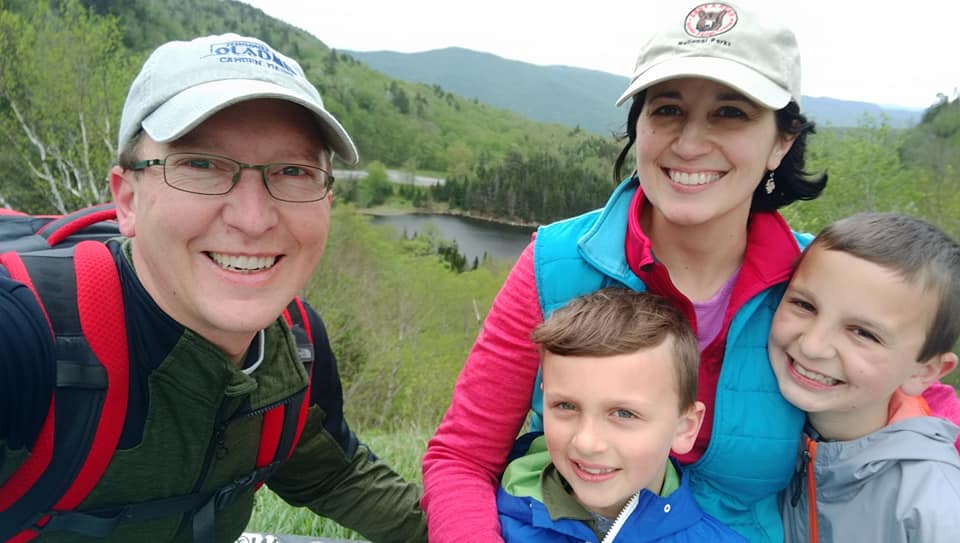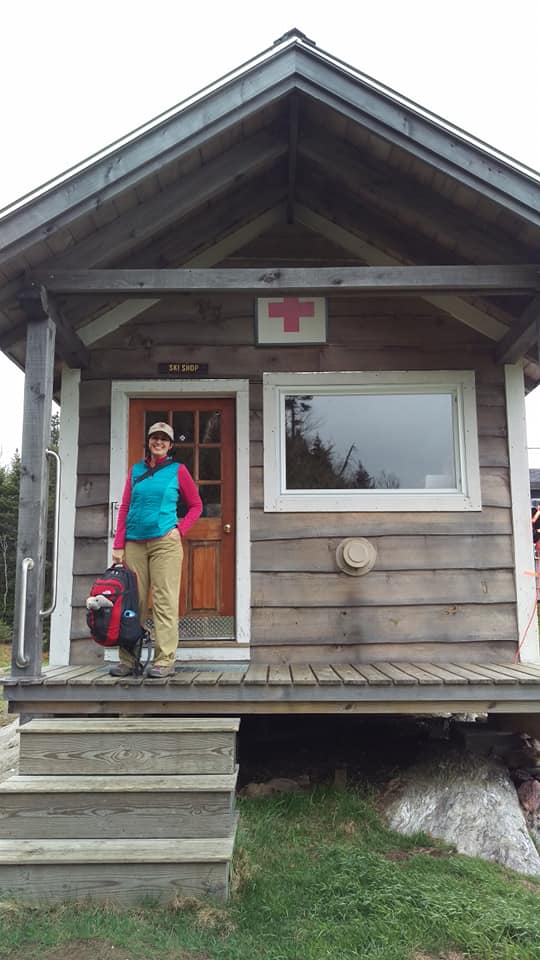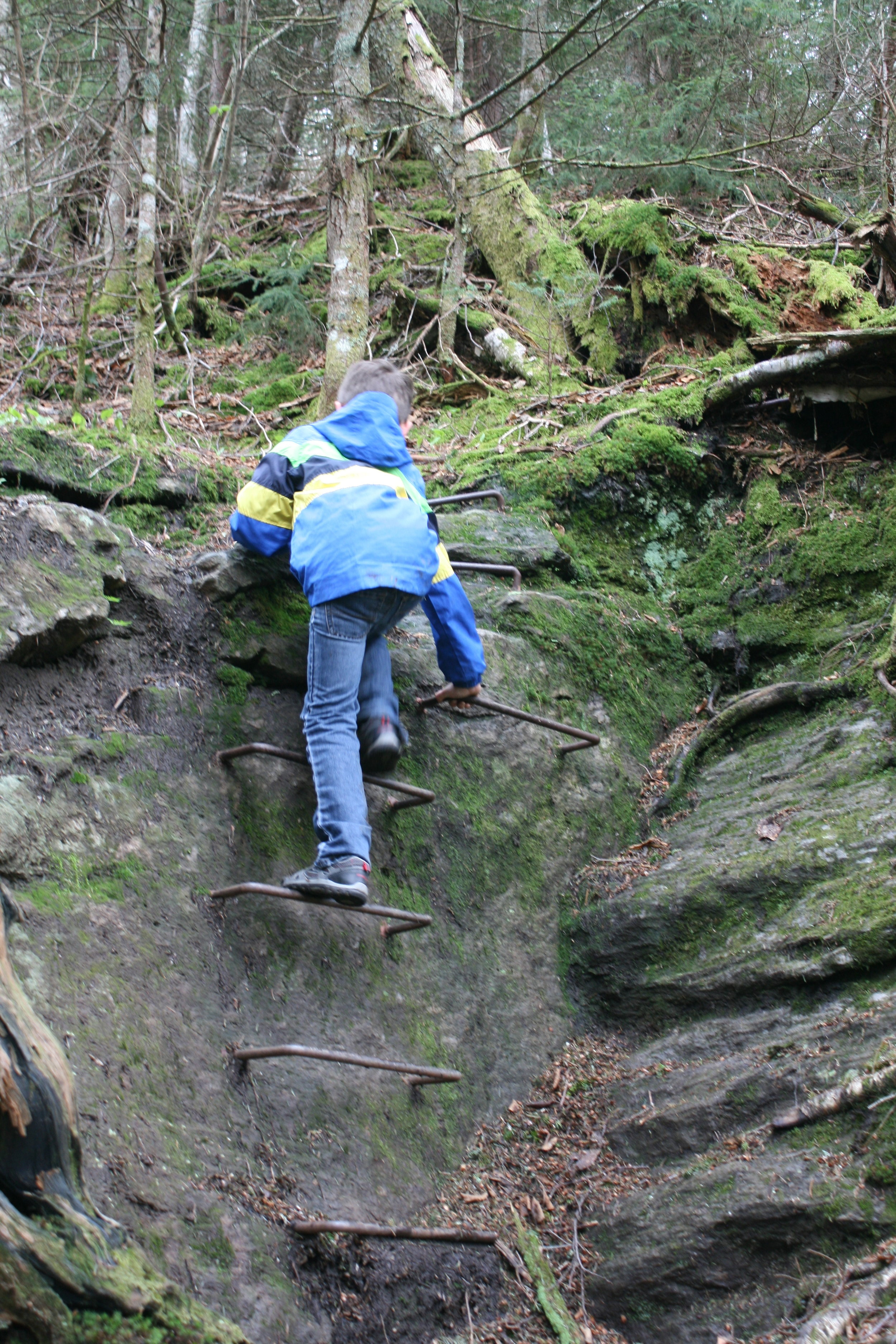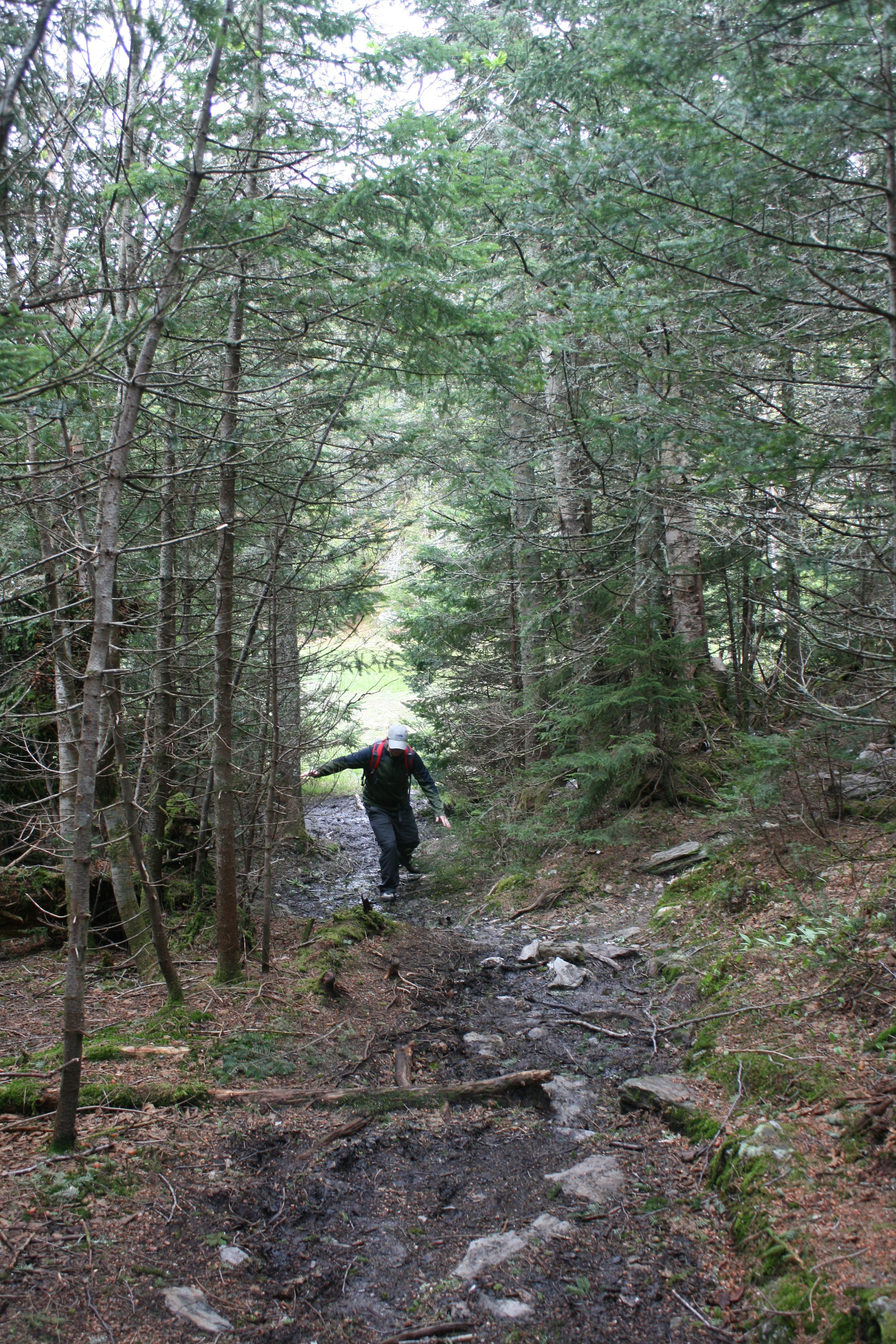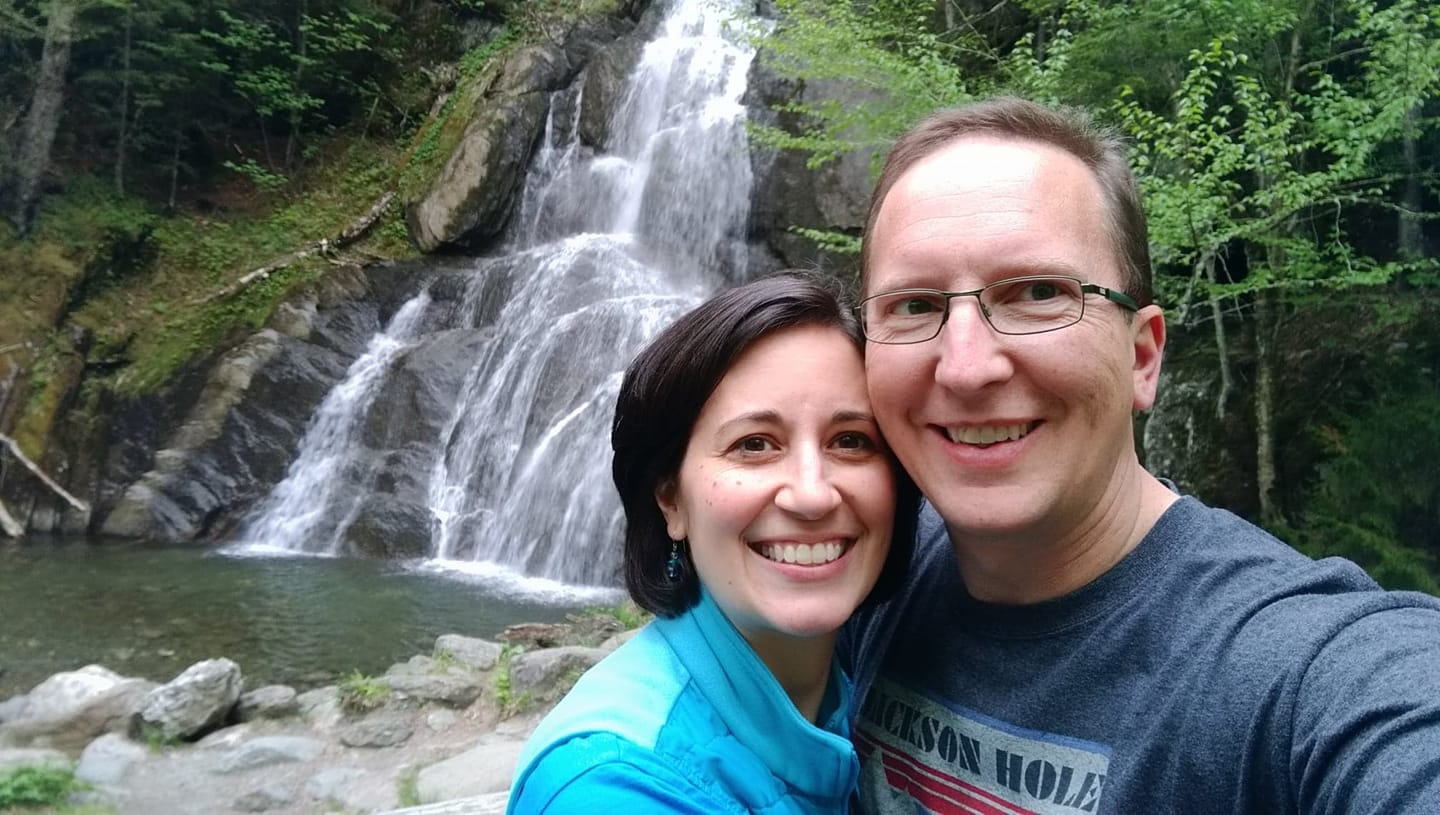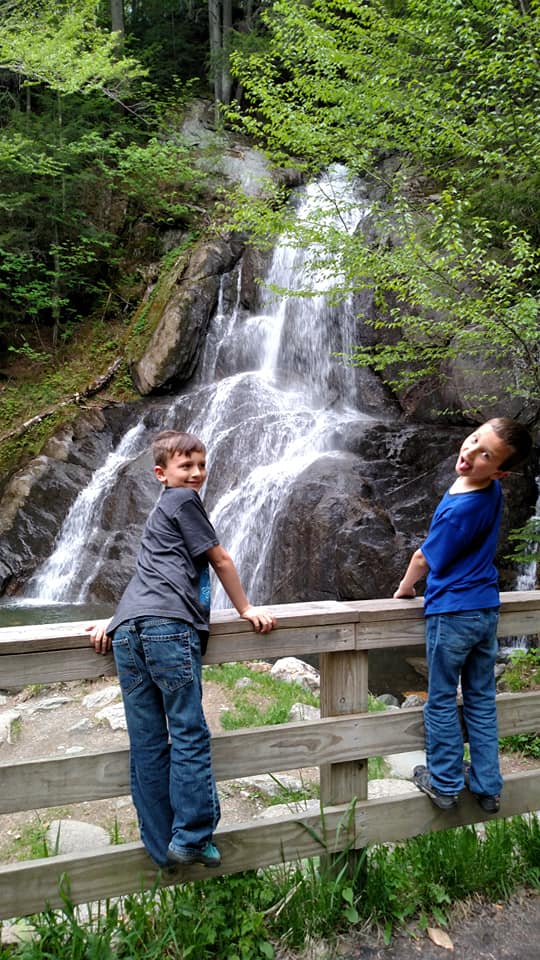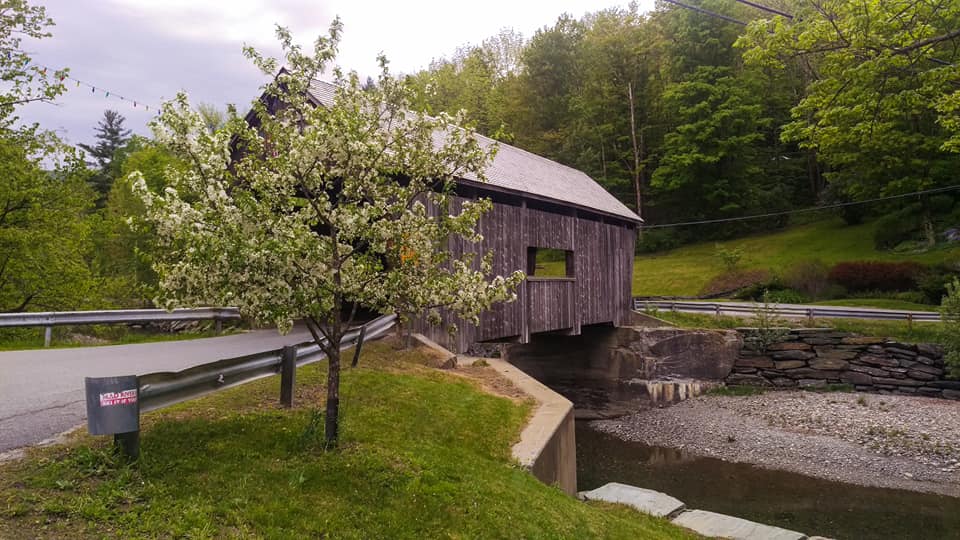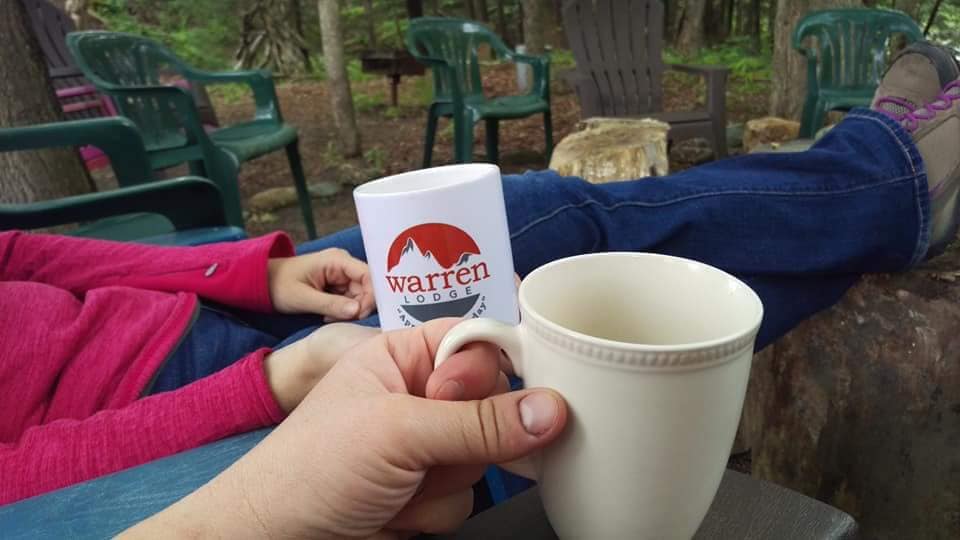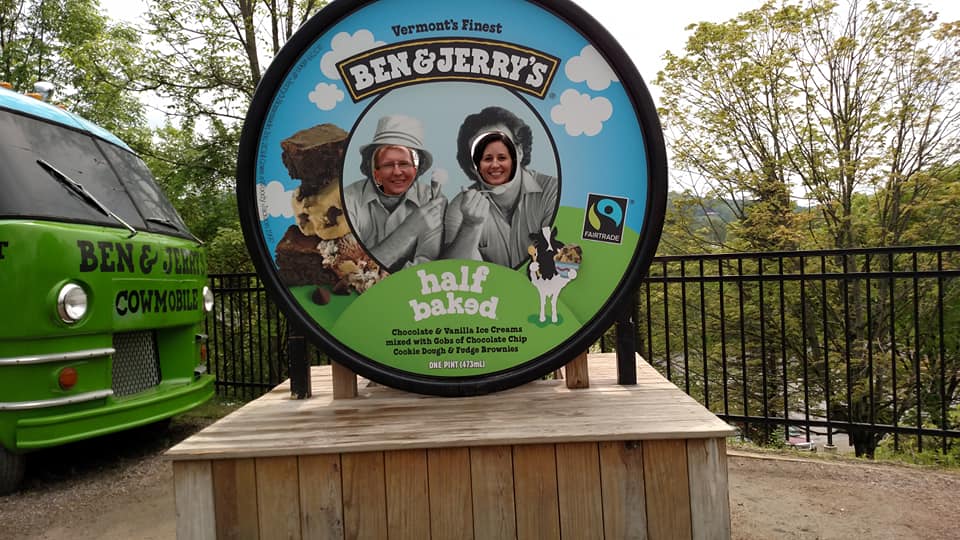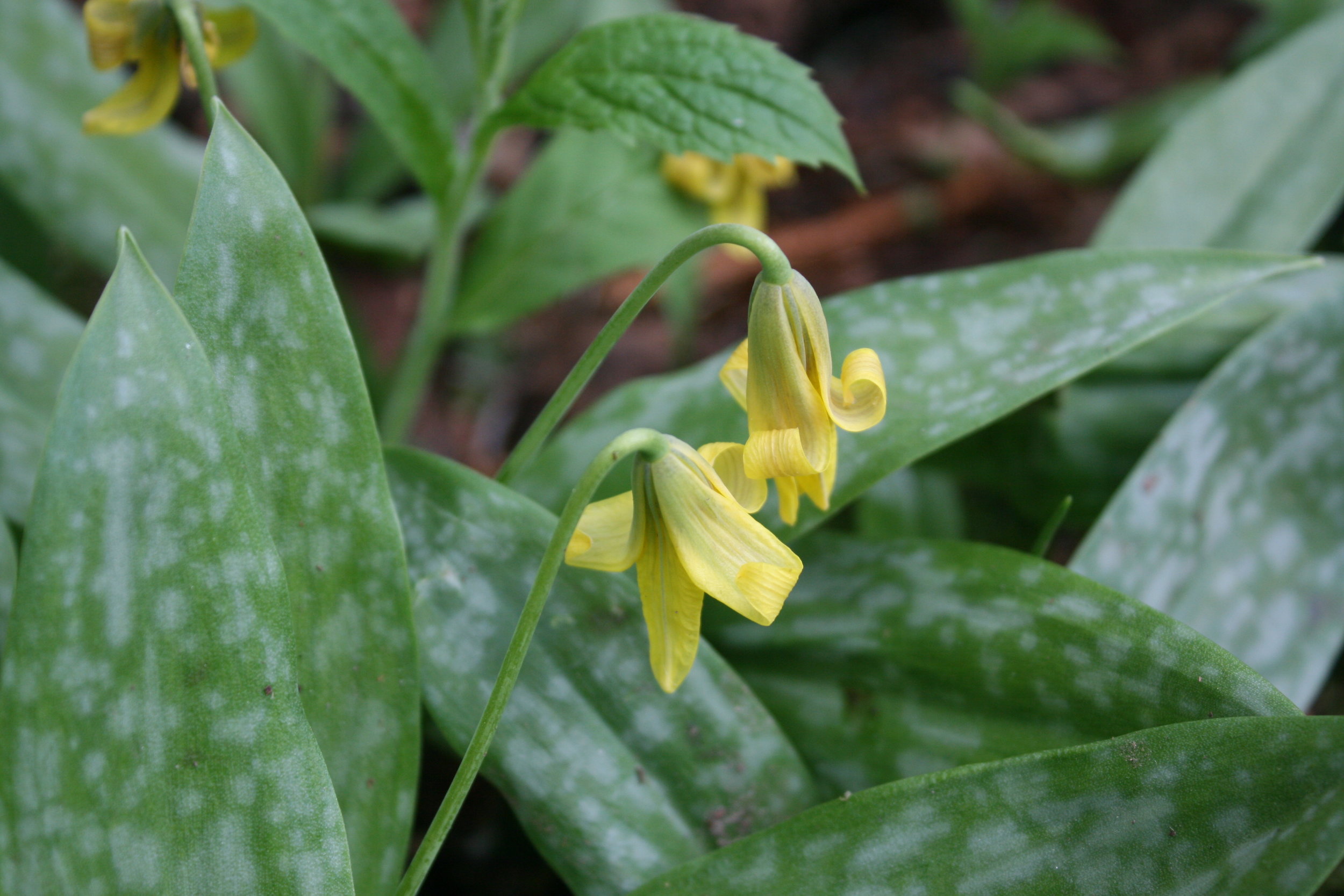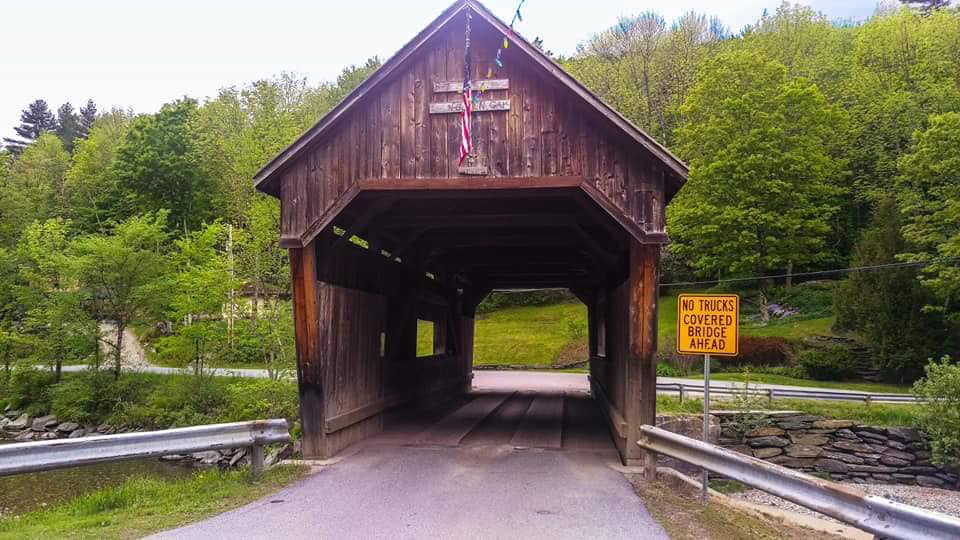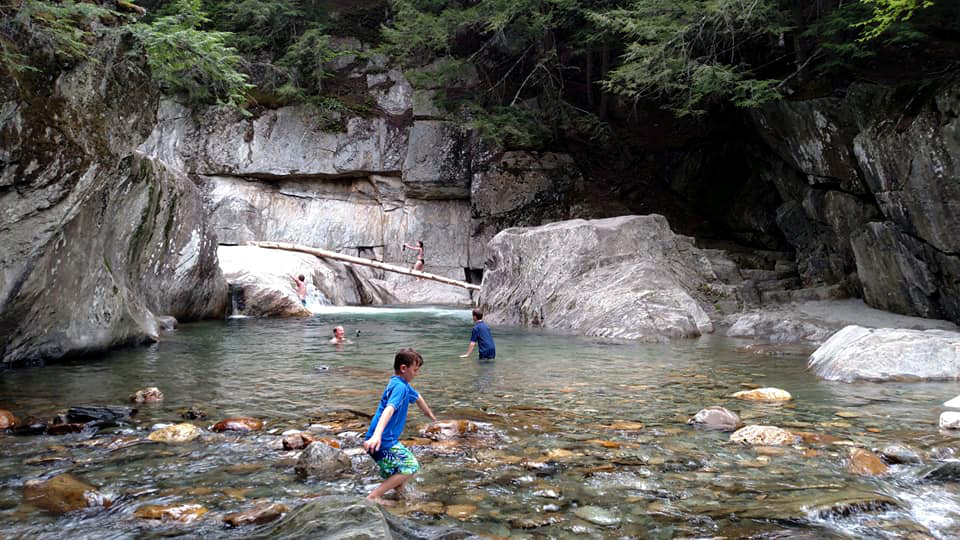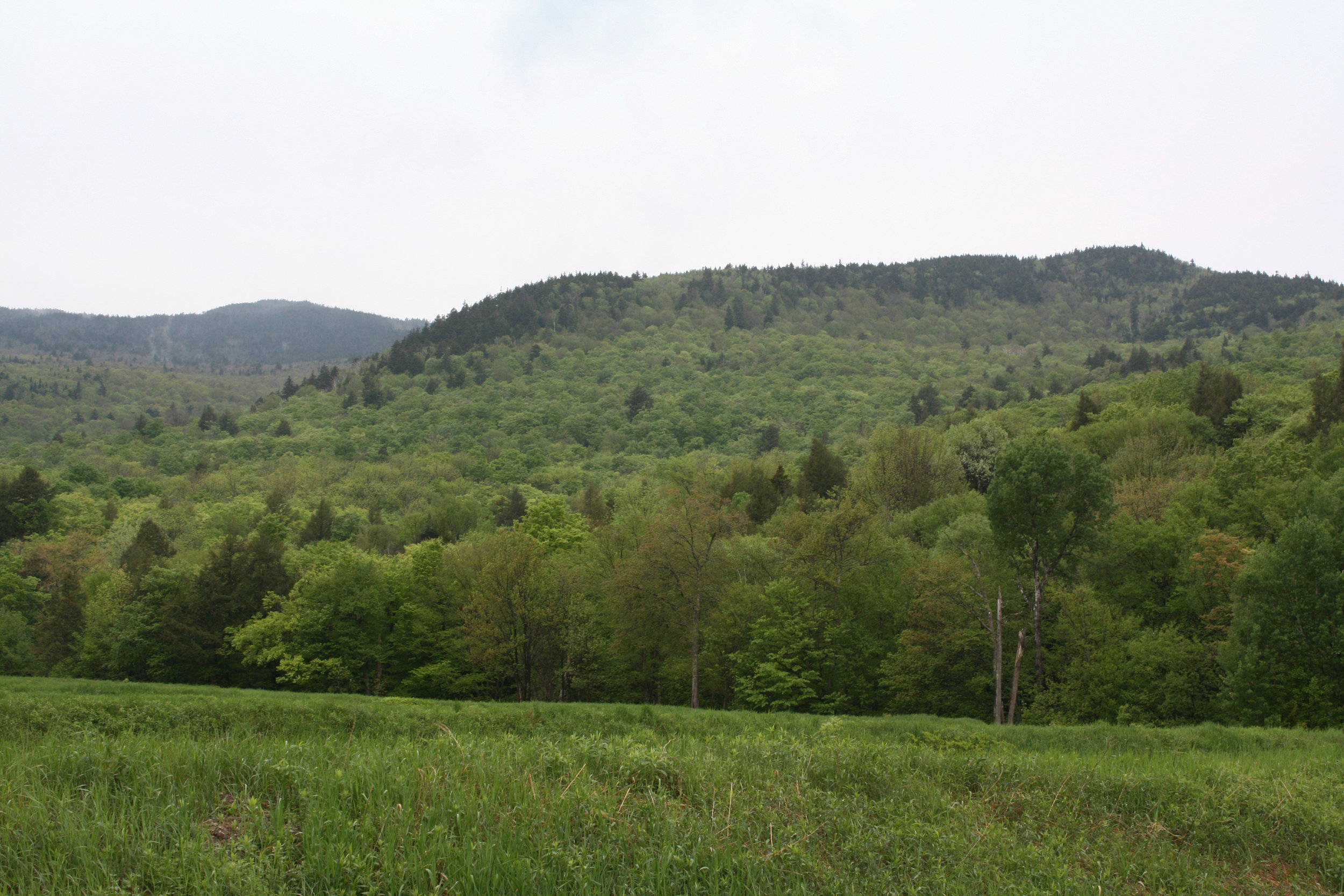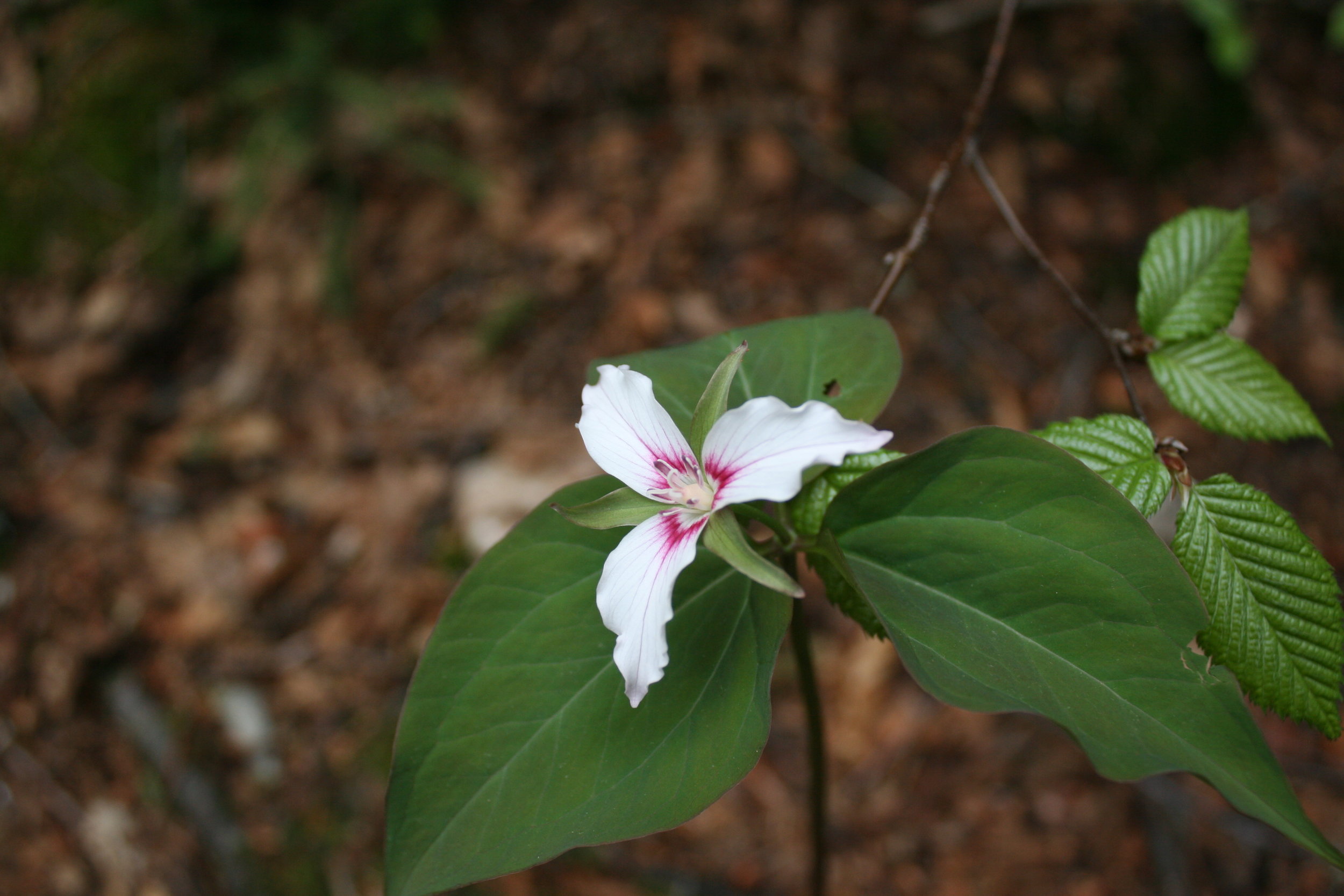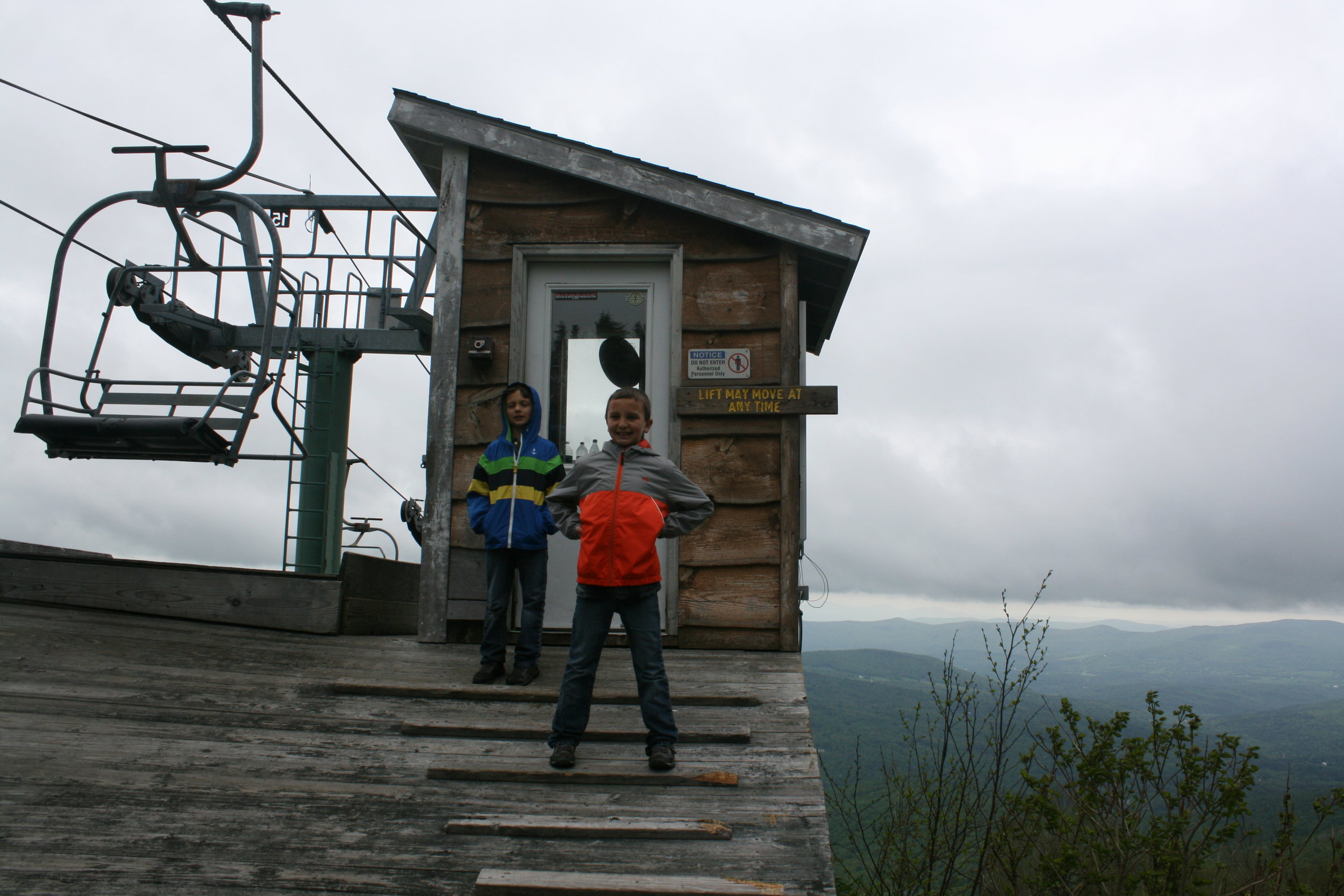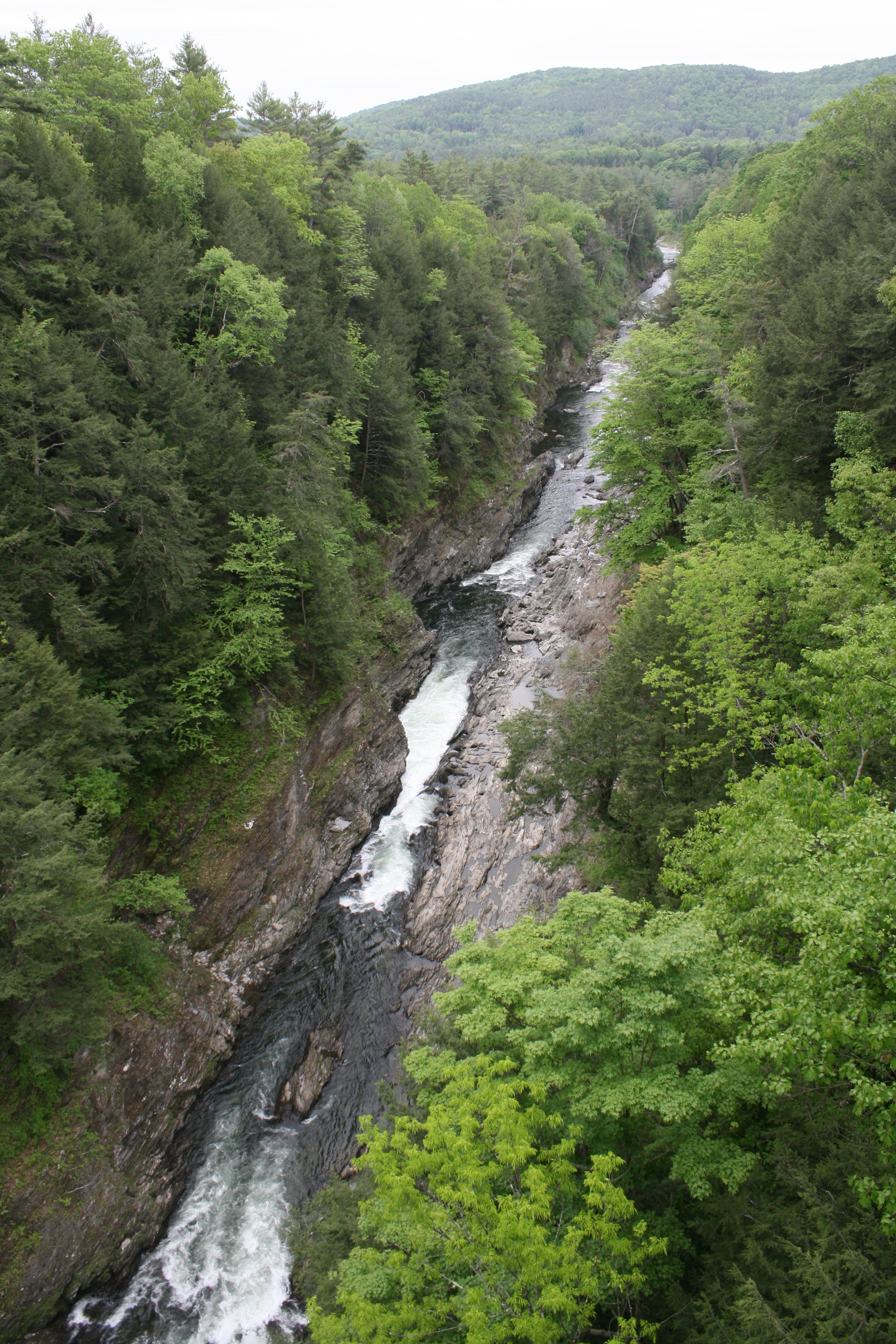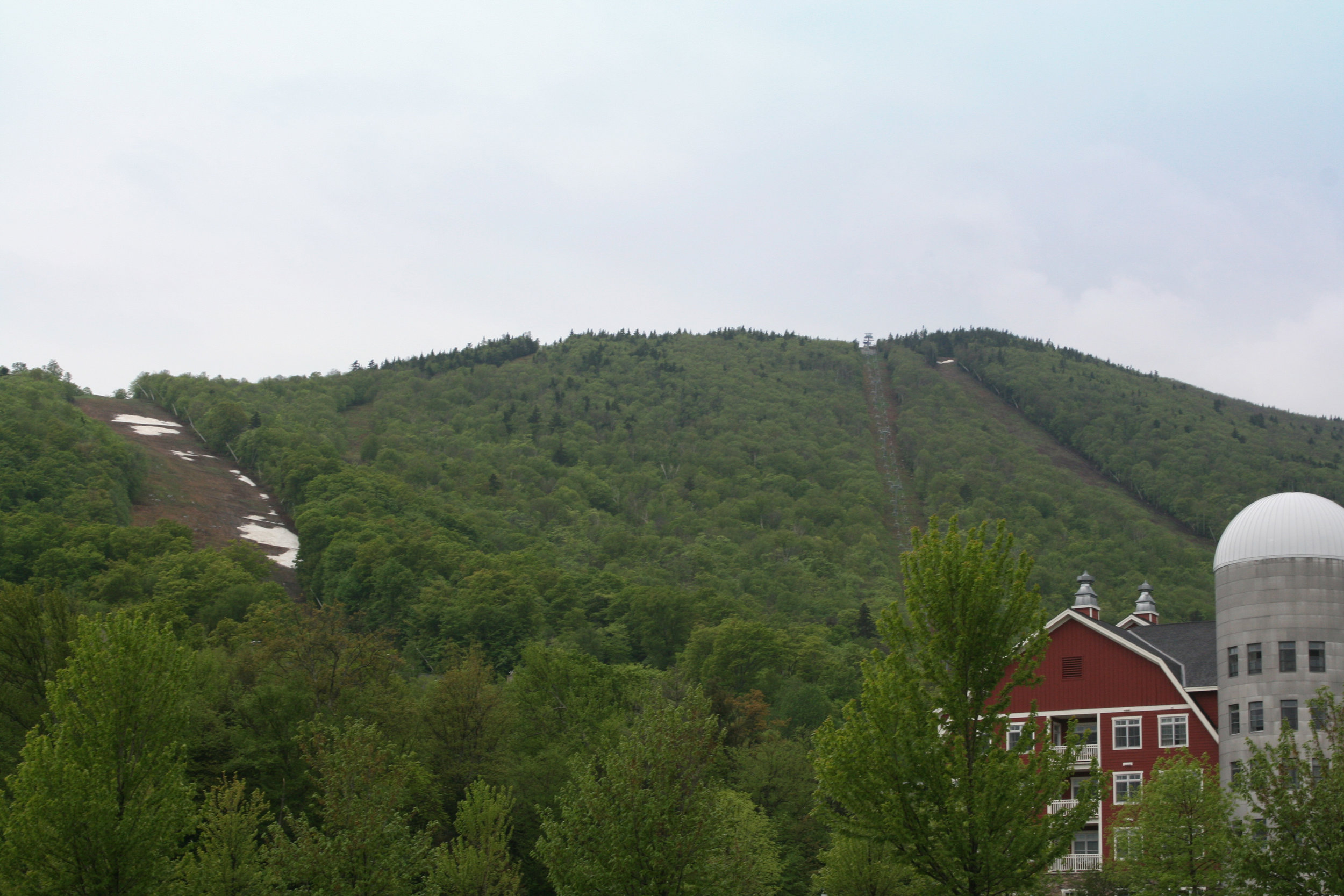A dozen or so snapshots from 2018.
Through life we have high years and low years, quiet years and boisterous years. Exhausting years. Amazing years. For me, most fall across that spectrum…each year is a hodgepodge of exhilarating, fun, draining, and emotion-filled. Does our year end like a holiday present wrapped with a crisp, clean bow? Or is that bow slapped on and frayed by the cat that chewed it?
Hmm…a bit of both? Here’s my 2018 wrap-up.
Professionally:
Wow. That is one word to describe this year for me as Writer Jean. My audio book for A Hundred Kisses released (on the heels of its print counterpart in 2017). I also signed three new contracts with The Wild Rose Press ((insert squeals of joy)):
The prequel to A Hundred Kisses (release date coming OH SO SOON in early 2019, along with cover art)!
My first women’s fiction novel will release also in early 2019. Again, blurb and cover art to come soon…
Lastly, my novella with the Deerbourne Inn series will release in early 2019 (see a pattern here? Oh how funny things can all happen at once!). Stop the presses! I have the cover art and blurb below. So exciting! Check back in March/April for a date. :)
An upcoming story in the Deerbourne Inn Series with The Wild Rose Press. Release date TBD - early spring 2019! Check out the others already out. I’ve read them all!
I also was happy to publish two more travel stories with Outdoor Families Magazine this summer. Be on the lookout for another article in the new year.
What else am I up to? Well, I’ve been ping-ponging back and forth with my editor on the endless edits for the above three manuscripts. I am not lying when I say I read through each manuscript in full at least 5-10 times before it’s sent to my editor, and another 6-10 after. That is many, many words. And very tired eyes. Because I like math, I did the numbers. For a 350 page book, that is 7,000 pages and over 2 million words. So I kinda fell into the trench of words during the past 4-6 months while doing the edit shuffle with my amazing editor! I thank my friends and family for all their patience!
I’m also working on the third manuscript in the “Hundred” trilogy. It’s been a fun ride in 13th century Scotland and it will be fulfilling to wrap up my journey there next year. Of course, my creative muse won’t leave me alone, and I have more book ideas percolating…
Personally:
The fun stuff first:
A family trip to the Grand Southwest (Utah and Colorado) in the spring.
Annual visit to the lupine of Sugar Hill, NH and a trip up Mount Washington and in our favorite region in New England: Franconia Notch.
Our first camping trip with our sons in Baxter State Park, Maine. We love Maine, our second home it seems.
Whirlwind weekend in the lovely Green Mountains and Mad River Valley of Vermont (for research of course for the Deerbourne Inn novella!).
Our family enjoyed the great outdoors with kayaking, bicycling, hiking, and sailing.
Memories with friends and family and my new Twitter/writer groups.
Oh, and I turned 40!
The not-so-fun stuff that encourages me to grow and build resilience:
Loss of loved ones.
Parenting woes (who needs sleep, right?).
A bit of burnout.
And just some good ol’ personal struggles (I’m sure we all have one or two or ten we can plug in here).
And a bit of the random:
I saw a coyote cross my path on the my favorite farm road after dropping the children at school. And a buck (male deer) decided to also flank, then run in front of my car (thankfully with space so he was not harmed). I love where I live: where country meets suburbia.
My kids ditched the training wheels on their bikes!
My raspberry bush was a BEHEMOTH this year! So happy. Lots of jam-making this winter!
I discovered Skinnytaste and wow, her garlic knots are to die for.
I conquered my fear of NYC at the annual Writer’s Digest Conference (and had a great time).
Managed my first time as a Professor of Potions and Co-head of House at a Harry Potter-themed summer camp! (Exhausting & hot!)
Spent an unexpected 7 hours in the Dallas-FW airport and rode the high-speed tram around-and-around with my son.
Our cat was lost, then found!
Tried my hand at curling with the family. It’s way harder than it looks.
Snow, so much snow. But we shouldn’t expect otherwise in New England!
I was elected to the Library Board of Trustees for our town library.
